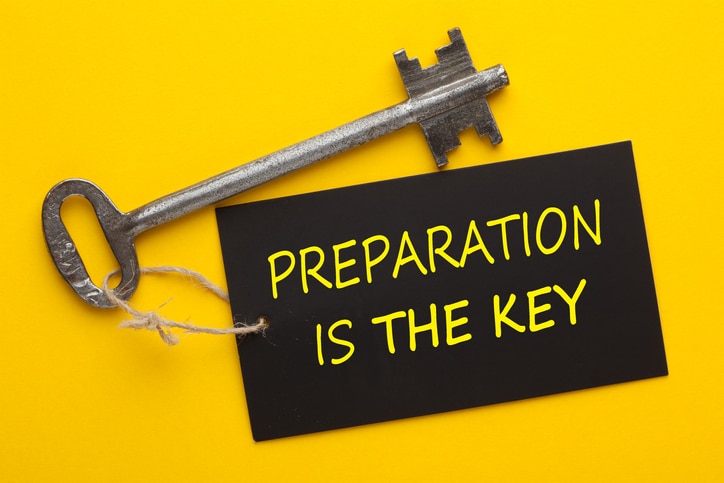Source: U.S. News —
Getting to a point where you feel emotionally and mentally ready to buy a house can be a journey on its own. But your work doesn’t stop there.
Most homebuyers don’t have a lump sum they can use to buy a home in one cash payment. Instead, buyers typically need mortgages. For the smoothest experience getting the financing you need, learn how to financially prepare to buy a house.
When you apply for a home loan, your credit score and other application details must meet the lender’s requirements. The lender will pull your credit reports and scores to determine how risky it would be to lend you money and how likely you are to repay the mortgage debt.
Raising your credit score can help you access competitive financing options. Many credit card issuers and banks provide credit scores for free.
After seeing where your credit score stands, request a free copy of your credit report from each of the three major credit bureaus through AnnualCreditReport.com. Through the end of 2023, you can request new reports every week, if desired.
When you get your reports, review the information closely and dispute any errors with the credit bureau that issued the report. Resolving errors can improve your credit score, as can steps such as lowering your credit utilization rate and making on-time payments.
Pay Down Your Existing Debt
If you have high credit card balances, personal loans or a sizable amount of other consumer debt, consider reducing what you owe before applying for a mortgage loan. Doing so will lower your debt-to-income ratio.
A low DTI can help your chances of having your home loan application approved. Nearly a third of homebuyers cited their DTI as a reason the mortgage lender rejected their application, according to a 2022 report from the National Association of Realtors.
Specific DTI requirements vary by lender, so there’s no universal number. However, the lower your DTI, the better.











